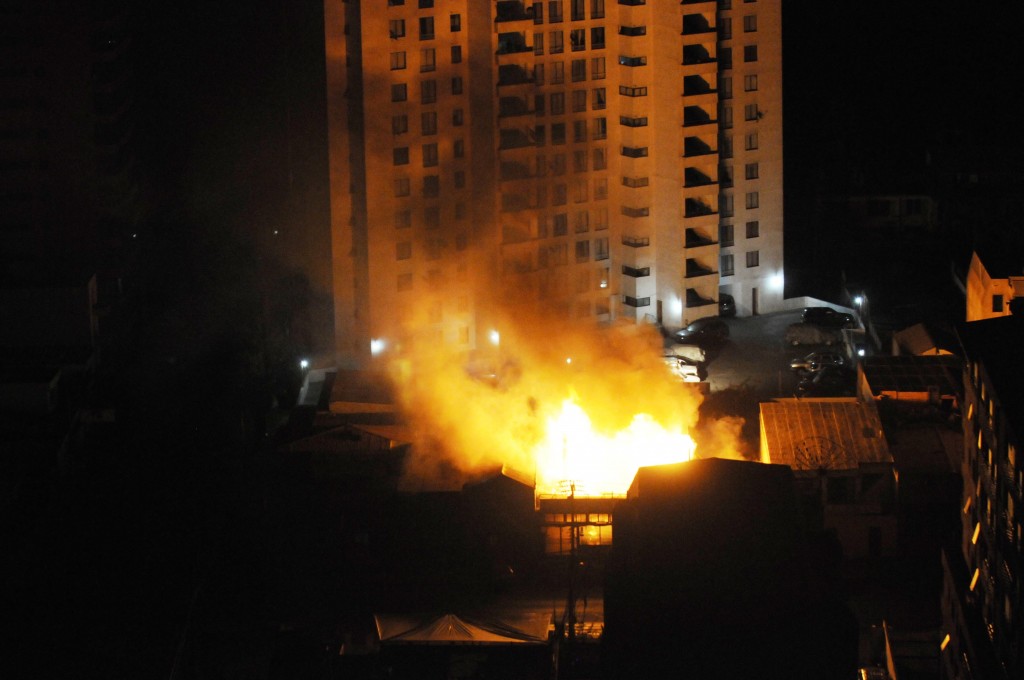Chile suffers a disastrous earthquake
Also: Pierre Poilievre could budge on vouching
Cristian Viveros/AP
Share

We tell you five things you need to know this morning.
1. Chile suffers a massive earthquake. Six people died when an 8.2-magnitude tremor struck 86 kilometres from Iquique, a mining town in northwestern Chile. Six-foot waves lashed northern coastal towns, and cities as far away as La Paz—in Bolivia, hundreds of kilometres away—felt the shaking ground. A 6.2-magnitude rumble was the strongest of the post-quake aftershocks. Hundreds of inmates reportedly escaped from an Iquique prison.
2. Pierre Poilievre could bend on vouching. The democratic reform minister has spent weeks defending his government’s plan to remove vouching as a registration option for voters without proper identification. But the CBC reports that, during a closed-door session with Tory senators poised to dissect the bill, Poilievre hinted at an alternative to vouching that involves voters making a declaration that can be confirmed before a vote is ruled eligible. Sober second thought strike again, apparently.
3. The Taliban blows up another building. Four police officers died when a suicide bomber, clad not in plainclothes but rather those of the Afghan security forces, rammed into the Interior Ministry’s office in Kabul. Al Jazeera reports that the compound, which the bomber never breached, “is considered one of the safest parts of the city.” Not safe enough to save the lives of local authorities guarding the facility. The Taliban won’t stop blowing things up as Afghanistan prepares to vote on April 5.
4. Mahmoud Abbas doesn’t want enemies. But the Palestinian leader still confounded Israeli and American negotiators by applying for membership in 15 UN agencies, a step in the direction of statehood that Abbas promised not to pursue during shaky peace talks with Israel and the United States. Abbas said Israeli officials failed to turn over a fourth and final group of his captured countrymen by a prescribed deadline, inaction that forced his hand. Israel responded with threats of “a heavy price” to pay. And so it goes.
5. Brampton’a mayor enjoys plastic cards. Susan Fennell, the country’s highest-paid mayor, is a free-spending magistrate whose staff also apparently benefits from taxpayer-funded credit bonanzas. The Toronto Star reports that Fennell and six of her staff have charged $622,000 to their city-paid credit cards since 2007. A 10-day trip to London, England stands out: Fennell and her chief of staff expensed more than $28,000 at the city’s InterContinental hotel, and paid $4,404 to fly across the pond. Good luck with re-election.